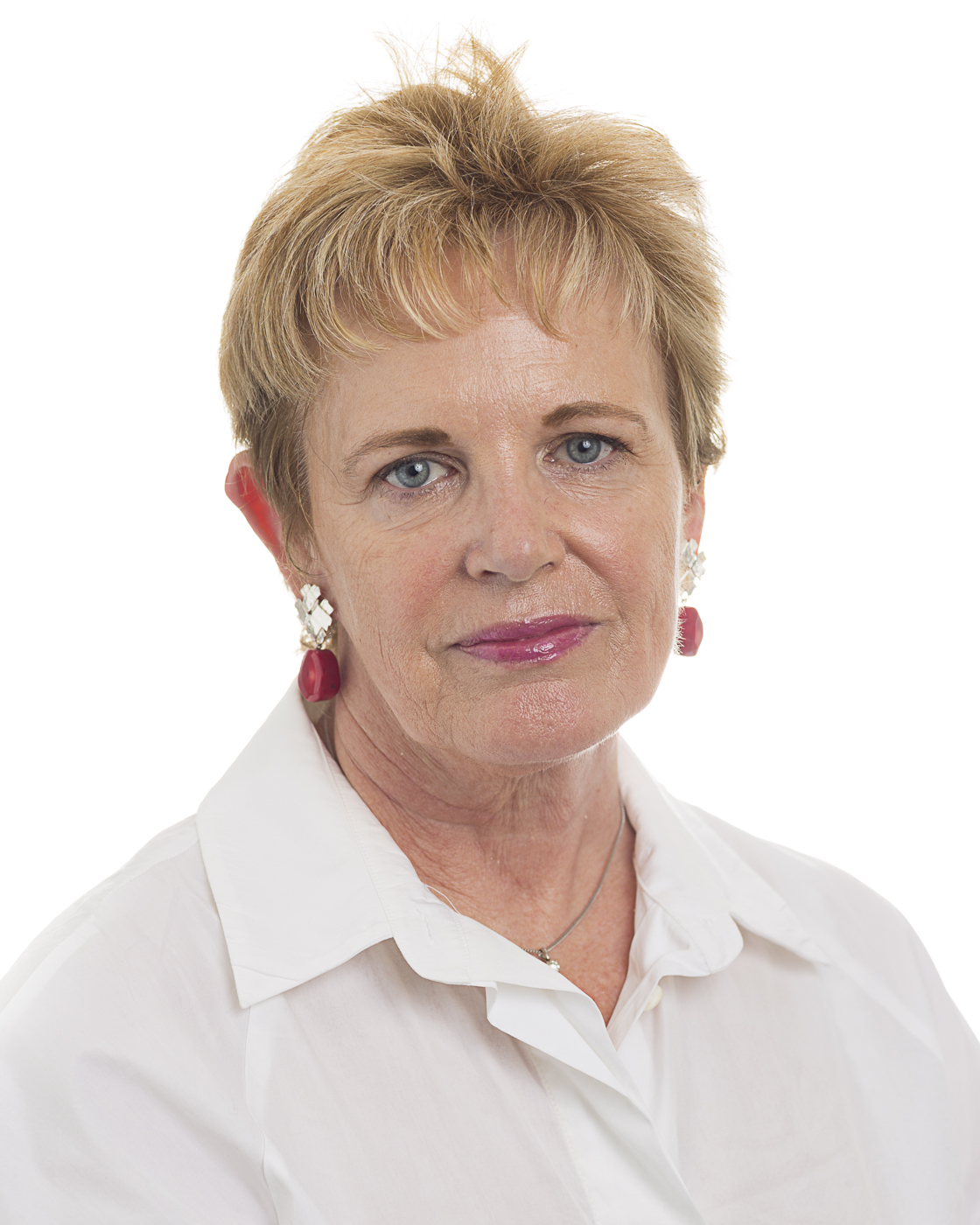Jane Frost's opening speech: Impact 2017
13 March 2017

This annual conference has gone from strength to strength, and last year we achieved record levels of positive feedback. At the close of each year’s event we take a few days to recuperate before taking a deep breath and starting all over again.
Those of you who have been here before, have seen me stand up, look at the hundreds of people present and challenge the sector on whether we are truly doing enough to be inclusive in finding promoting and retaining our talent.
Last year, in our 70th birthday, we talked about our role in giving people a voice to power, and the fact that if we truly deliver on this we can create revolutionary change from actionable insight.
Almost every politician, journalist, and business leader - in response to the seismic jolts that have been delivered by among other things Brexit and the recent American elections - has bewailed the failure to properly listen.
This should be our cue to step up. But we look less credible if our talent fails to reflect and recognise the society we live in.
As a sector, we don’t tend to be rich in hard assets; factories, transport fleets, we don’t produce millions of SKUs to sit on supermarket shelves. But we do produce the intellectual capital which has the power to change lives, and we are a world leader at doing that. We depend on two key soft assets, the trust we build with our participants, clients and stakeholders, and the talent of the people we employ.
In the past few months I have been ably assisted by a wide cross-section of volunteers (when I say volunteers, many of them failed to run away fast enough) to start examining what MRS should be doing to support and promote inclusivity.
Clearly to do this we need to start with the evidence.
So that’s where we started with the membership survey kindly done for us by Lightspeed GMI.
We use the term evidence matters so this is a good place to start in deciding what needs to be done.
This is the first time we have had a chance to look at all the factors that get in the way of talent achieving its potential; gender, ethnicity, sexual orientation. We were also able to compare agency and client side perceptions.
We are still working through the data, but here’s a sneak peek at some of the emerging findings.
Our participants generally perceived the sector as being better for the promotion of inclusion than other sectors.
In this survey representation of women at senior levels was reports as 49% in agencies and 45% clientside. Before we cheer too much remember that female participation in this sector is 60%.
There is a significant perceived paygap between men and women at senior levels. We are still probing these numbers but, although this may reduce the differential, we are still expecting our report card to say 'not good enough'. Incidentally, agency side senior managers I talked to were surprised by this finding; client side senior managers were not.
Women are still reporting discrimination arising from taking maternity leave, funnily enough no such stigma seems to be attached to paternity leave amongst our participants.
Non-white British people are perceived as 30% less likely than average to reach senior levels, although this is slightly better client side.
But about a quarter of our BAME participants report experiencing racial discrimination – in this case the problem appears to be worse client side than supply side at 14%. Both sides however are equal in their belief that their ethnicity has hampered their careers.
We have just launched a new programme for young talent in the industry called &more.
In 2017, we will launch a campaign to support the sector in improving these statistics.
Maybe we should just call it 'More'.
Believe me, this is not just a matter of natural justice, nor is it merely a matter of ensuring our sector accesses and retains the best talent. Government regulations are going to come into play that will make it a necessity for doing business.
For the last three years we have had the privilege of having as our president one of the most formidable and high achieving women it has been my pleasure to know.
As she steps down from her term as President of MRS it is both a sadness and great pleasure to welcome Dame Dianne Thompson to the MRS stage for the last time.
Read the announcement: Jan Gooding announced as new President of MRS
Get the latest MRS news
Our newsletters cover the latest MRS events, policy updates and research news.











0 comments